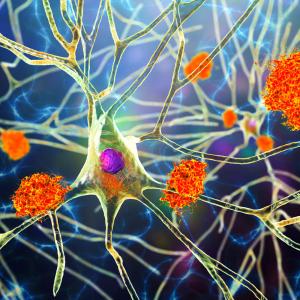
Photo: Karsten Moran
Alzheimer’s disease ranks as the sixth leading cause of death in the United States, but recent estimates indicate that the neurologic condition may rank third just behind heart disease and cancer.
“Alzheimer’s disease and related dementias represent the growing healthcare crisis not only in the United States, but globally,” says Thomas M. Wisniewski, MD, the Gerald J. and Dorothy R. Friedman Professor of NYU Langone’s Alzheimer’s Disease Research Center, in an interview with NeurologyLive. “That’s going to have major societal and healthcare ramifications. Individuals with Alzheimer’s disease and related dementias require a great deal of care, and it’s extremely stressful for the family members and their caregivers.”
Dr. Wisniewski, also the director of NYU Langone’s Pearl I. Barlow Center for Memory Evaluation and Treatment, tells NeurologyLive that while the pathology of Alzheimer’s disease is reasonably well understood, more than 30 different genes have been identified as impacted in late-onset Alzheimer’s disease.
“They’re in various pathways in cholesterol metabolism, immune function, endosomal lysosomal function, and synaptic function,” he says. “The drivers of the disease are diverse; therefore, the therapeutic approaches that might be amenable also have to be diverse.”
Read more from NeurologyLive.

